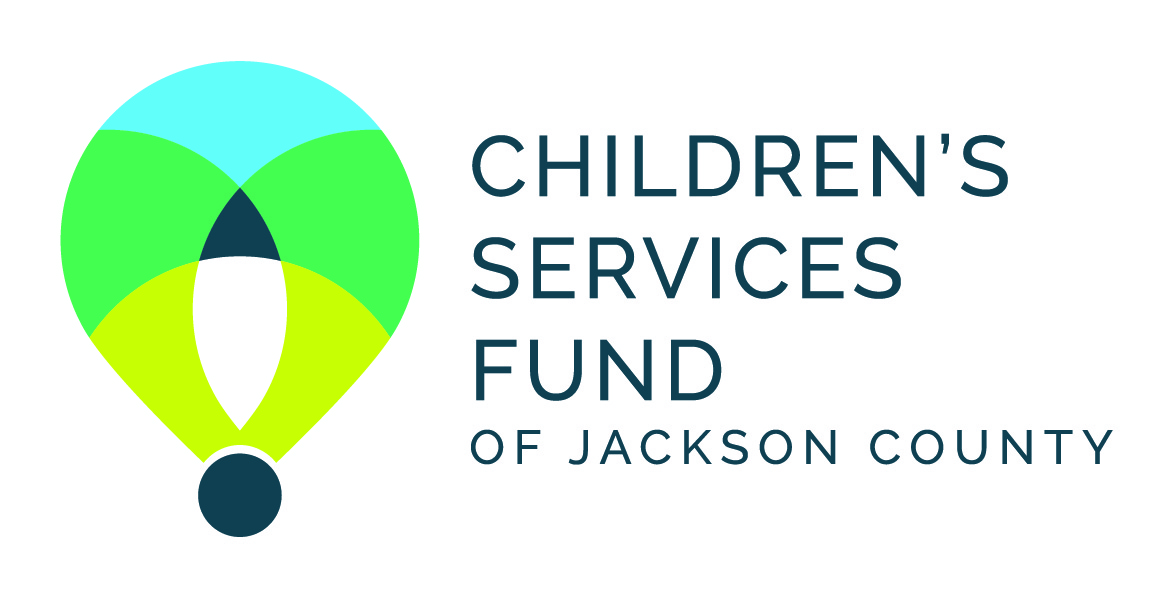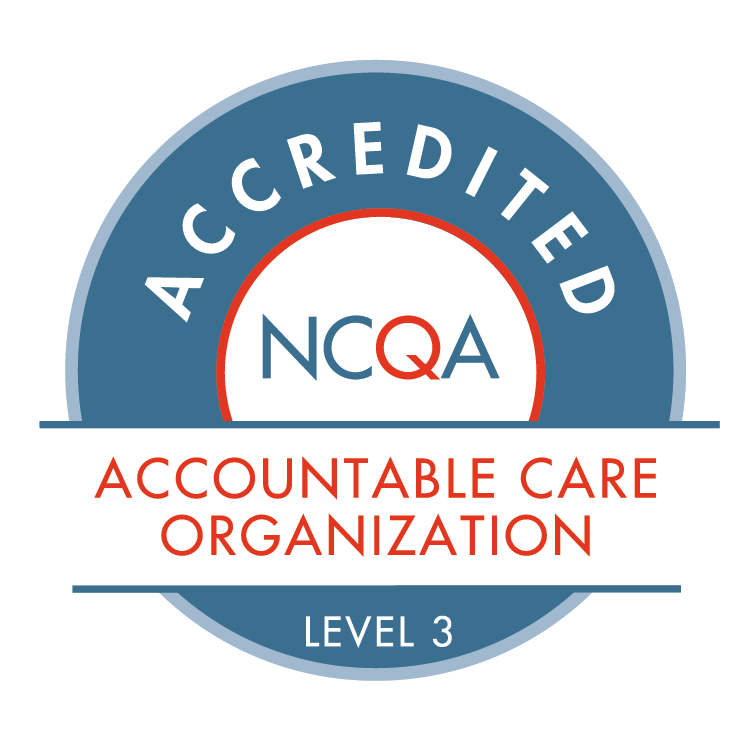Why does Black maternal health matter?
Ebony Peterson, Community Health Worker at Swope Health, was only 22 weeks pregnant when she went into pre-term labor. After the initial shock, she was expecting a long hospital stay on bed rest. Instead, her baby was born just two days later. Baby Aubrey was tiny at 1 pound, 2 ounces, but mighty in overcoming the odds.
Ebony is sharing her traumatic birth story in honor of Black Maternal Health Week, which is April 11 to 17. This week of activism and education was started by the Black Mamas Matter Alliance four years ago.
“There’s power in sharing our birth experiences,” Ebony says. “It helps to learn we are not alone. We can support and learn from one another. We can spur change and, in turn, improve the health of pregnant and new moms in our minority communities.”
Why focus on Black maternal health?
Missouri has the 7th highest maternal mortality rate in the nation with 35 deaths per 100,000 births, according to World Population Review. Missouri’s mortality rates for Black moms skyrockets to 65 deaths per 100,000 births.
Nurture KC works to close this gap and fights for health equity through education, advocacy and one-on-one support for moms – most of whom are minorities – through its Healthy Start program. Ebony provides such support for fellow moms, as she is one of the program’s Community Health Workers.
Baby Aubrey’s journey
Ebony watched her own preemie daughter spend four months in the hospital’s Neonatal Intensive Care Unit (NICU). Aubrey was down to weighing just 15 ounces early on. The infant was on a ventilator to help her breathe and had a feeding tube to receive nourishment. She also was diagnosed with Sickle Cell disease, a blood disorder, and Craniosynostosis – a rare birth defect where the bones in a baby’s skull join together too early. Aubrey had surgery to fix her skull when she was 2 years old.

“I know we all have different experiences, but my background can help me empathize and advocate for fellow moms. Together, we can push for systematic change that works to level the playing field for Black moms, as I know many are not as fortunate as I was. Everyone deserves the same chance to be healthy.”
This article is from Nurture KC . Nurture KC is a community collaboration dedicated to reducing infant mortality and improving family health. Nurture KC works to change policy for broad impact, transform systems to improve health outcomes at a local level, and provides one-on-one support to connect families.













Leave a Reply
Want to join the discussion?Feel free to contribute!